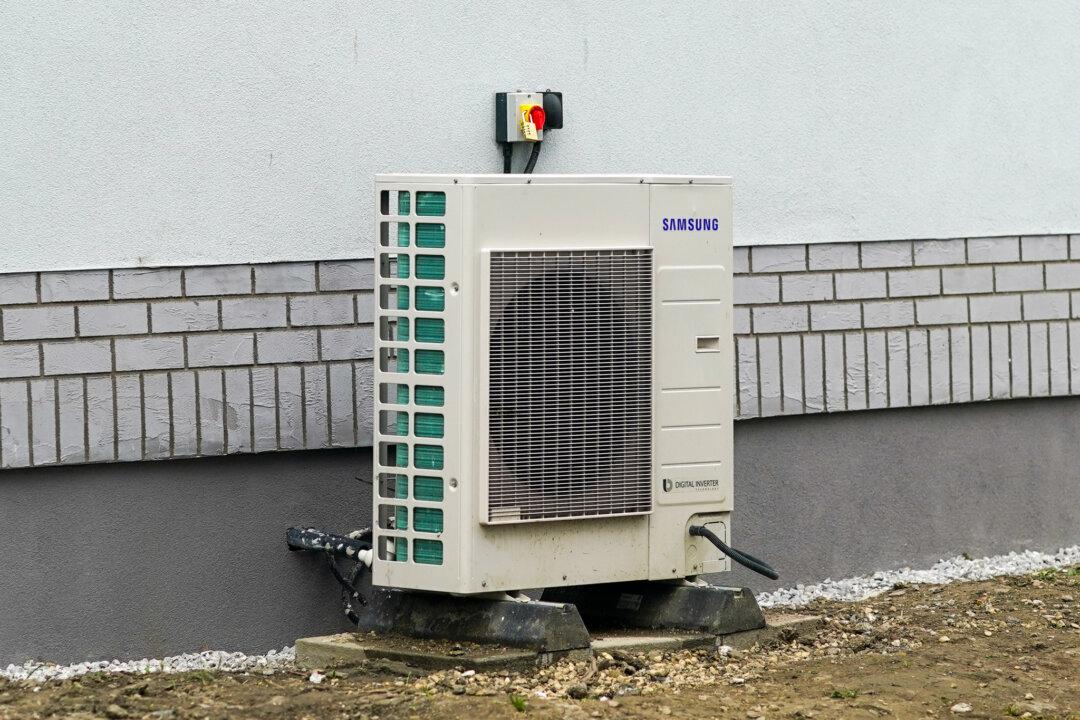Figures published by the MCS Foundation showed that in order to reach the goal of installing 600,000 heat pumps a year, installations would need to accelerate more than tenfold within the next four years.
The warning by the charity comes amid a reported 19 percent increase in certified heat pump installations in 2023, compared to the year before. There has also been a 25 percent jump in air-source heat pump installations, with the total number surpassing 200,000.
David Cowdrey, director of external affairs at the MCS Foundation, said it was “encouraging” to see “more households than ever” choosing “carbon-free heating systems.” He attributed the heat pump uptake to the support provided by government grants.
The Department for Energy Security and Net Zero (DESNZ) supports the replacement of traditional boilers, that use natural gas, propane, or heating oil, with heat pumps. To boost the interest in heat pumps, the government has been increasing grant funding for households to switch from gas boilers.
In October, the DESNZ announced that under the Boiler Upgrade Scheme (BUS), homes can get £7,500 to install a heat pump.
It also invested £10 million to support innovation in the heat pump sector to cut installation costs. The government extended the BUS to 2028, so that people have more time to apply and complete the switch.
Mr. Cowdrey said that in order to support the “upward trend in heat pump installations,” the government should consider reducing electricity costs.
“This could be achieved by moving social and environmental tariffs from electricity bills into general taxation, and would make running heat pumps substantially cheaper than a gas boiler,” he said.
The secretary general of the European Heat Pump Association, Thomas Nowak, has called on the EU member states to follow Britain’s example of supportive policies.
Confusing Landscape
On Wednesday, a cross-party group of MPs heard industry concerns over the quality of information available to consumers about heat pump installations.She called for access to “good quality retrofit advice” for consumers who are considering installing a heat pump or getting insulation on their property.
Member of the Local Government Association, Paula Widdowson, told the committee that installing a heat source pump was still quite expensive in the UK, even with the government grant scheme in place.
“So it goes back to how do you make the consumer offer compelling,” Ms. Widdowson said.
She called for “serious government support” when it comes to financial support for consumers across the country.
UK government policies brought forward in its Net Zero Strategy include phasing new buildings with fossil fuel boilers by 2025, and oil and gas boilers in existing buildings by 2035.
He has warned that the dependence on renewable power production could lead to full blackouts across the country.







